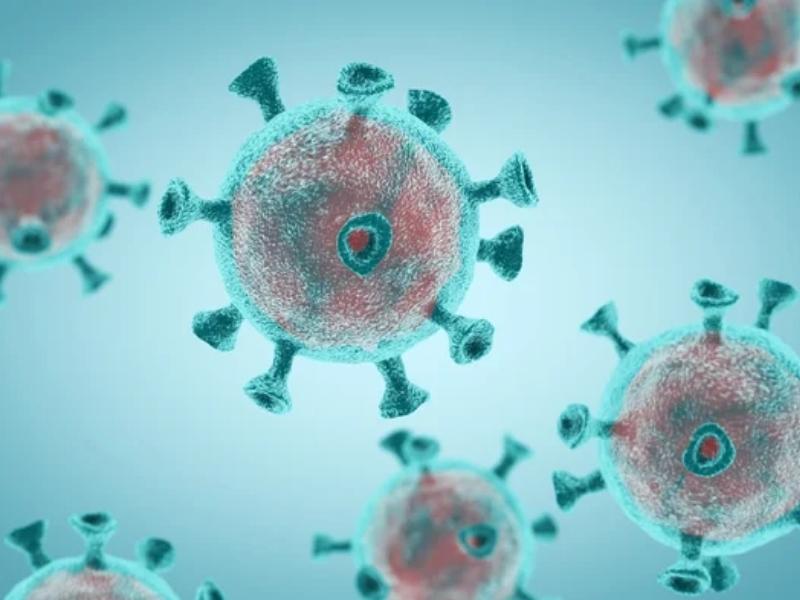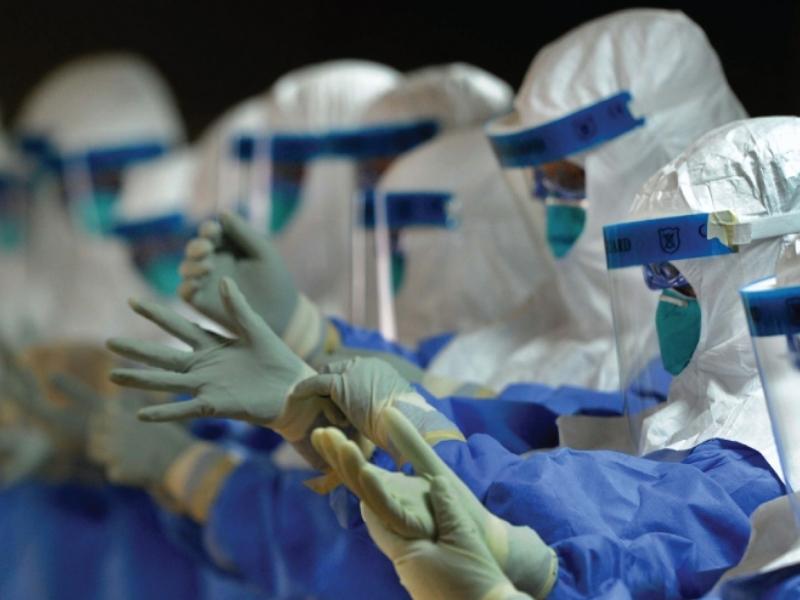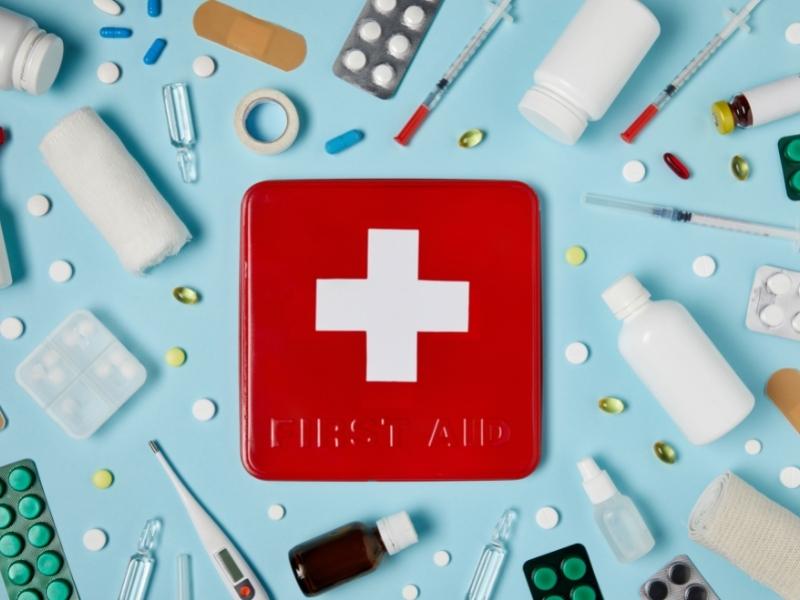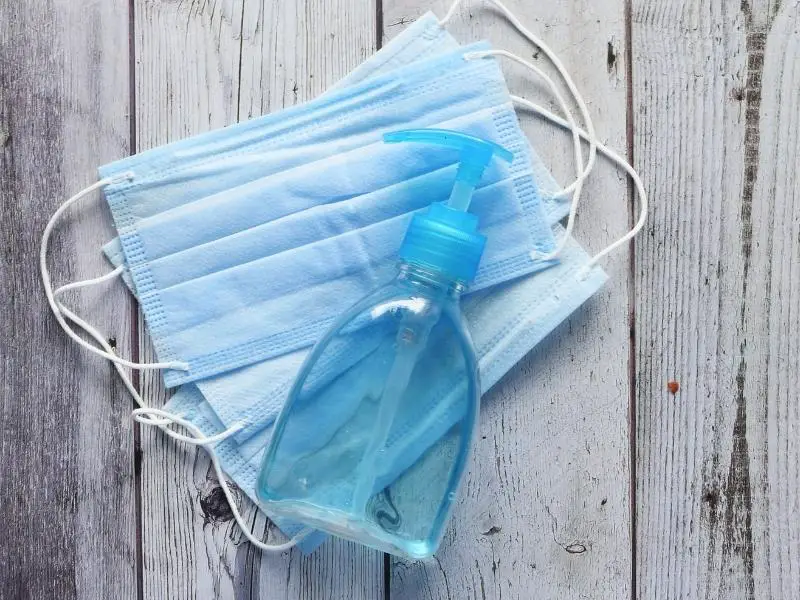SHTFPreparedness may collect a share of sales or other compensation from the links on this page.
Since COVID-19 hit the globe in 2019/2020, we have all become very aware of terms like outbreak, epidemic, and the eventual pandemic.
Before this, we all knew of epidemics as something we learned about in theory or something that happened in a faraway place.
One thing is certain: being prepared for an epidemic can certainly make navigating and surviving it a lot easier.
After our joint experience through a pandemic, I think we have all taken some valuable tips that we would apply to any potential future epidemics we may encounter.
What Is the Difference Between an Outbreak, Epidemic and a Pandemic?

We have all heard the terms, but you may not understand what each of them really means. An outbreak is a sudden increase in a disease in a particular location. This is usually an initial smaller area, like a state or province within a country.
An epidemic is a large outbreak that affects a larger area, like multiple provinces, states, or perhaps even a whole country. A pandemic is when an epidemic becomes global.
These days, with the ease of access between countries and the various modes of transport, an epidemic can become a pandemic very quickly, as we witnessed with COVID-19.
What Could an Epidemic Mean for Everyday Life?

In order to control an outbreak and prevent an epidemic from becoming a pandemic, the government will likely implement rules and restrictions to try to stop or slow down the spread of the disease.
This will often restrict your movement and prevent you from living your life as you did before.
You may not be able to access all the shops and resources you could previously. Basically, your day-to-day life will look very different, and you will not have all the usual freedoms you had before.
How Can You Prepare for an Epidemic?

As a survivalist, you are already likely ready for any form of disaster to strike, including an epidemic.
You want to make sure you are able to hunker down at home for as long as possible with all the essentials to not be impacted by a lack of access to resources and also avoid contact with outside people where you could be exposed to the disease.
What Can You Have On Hand To Be Ready For An Epidemic?

Food And Water
Ensure you have a good food store that can last you for at least 2 weeks to ensure you can still eat comfortably without sacrificing your nutrition should supply chains be interrupted and you cannot get your usual food items as planned on short notice.
Ensure you have a sufficient amount of bottled water on hand should you experience water supply interruptions, as it will take longer to fix such issues in an epidemic.
First Aid Items And Medication
Keep a well-stocked first-aid kit on hand to be able to treat any basic injuries that a family member may have. Include items like disinfectant, bandages, gauze, safety pins, and tweezers, to name a few.
Also, keep basic medications on hand that can be used to treat common illnesses like colds and flu, as well as any gastrointestinal illnesses, as you may not be able to access these items easily, and if you are not well, you may not be able to leave your home to get this type of medication.
If possible, always try to keep extra prescription medication on hand to ensure you have an uninterrupted supply.
Sufficient Clothing And Household Items
If an epidemic is declared and the government imposes restrictions, certain items may be classified as non-essential, so it may not be possible to get things like clothing or household goods.
Make sure you have a good wardrobe for all seasons so that you can remain appropriately dressed.
If you have something in your house that has broken, try to replace it as quickly as possible so that you do not have to go without during the epidemic.
Protecting Yourself During An Epidemic

An epidemic is all about a disease, and the restrictions are only one aspect to get around. The main thing you want to avoid or protect yourself from is the disease itself.
Here are some of the top tips to keep yourself safe in an epidemic.
Avoid Contact With Potentially Infected People
Depending on the severity of the disease and its symptoms, you may be able to come into contact with infected people fairly easily.
For example, if the disease has a long incubation period, it can take a while for symptoms to show.
If the disease symptoms do take a while to show, you need to treat everyone as infected to protect yourself. Avoid contact with people outside your household as much as possible.
Use Personal Protective Equipment When Going Outside Your Household
Use items like gloves and a face mask or shield to protect yourself when you leave your house. This should protect you from airborne and contact diseases as much as possible.
Ensure that you handle your equipment safely and dispose of it properly to ensure you are not exposed when removing these items.
Maintain Impeccable Hygiene Practices
Ensure you wash and sanitize your hands regularly to ensure you remain disease-free as far as possible. Keep a good distance away from other people to avoid potentially getting infected if you are out in public.
Do Not Forget About Your Mental Health
If your daily life has been interrupted, this can be stressful for you and may cause you to be depressed or anxious as a result.
Cutting off unnecessary contact with outside people can also cause you to be mentally affected by feelings of isolation and loneliness.
Technology has helped us connect, but it is no substitute for human connection, especially if it is for any period of time.
Between worrying about trying to make your new normal work and also not getting sick, the stress can get you down.
Make sure you do something to take care of your mental health every day, whatever that looks like for you. Exercise and spending some time outdoors (if possible) are positive options.
Keeping Your Immune System Strong
Take vitamins and minerals to keep your immune system as strong as possible. Try to make sure your diet is healthy and keep yourself well nourished.
The better care you take of yourself, the stronger your immune system is, and if you do get sick, you will be able to recover much quicker.
Final Thoughts
Epidemics can really turn your life upside down, and knowing how to best prepare for one can ultimately help you survive them.
With these epidemic survival tips, you can make sure you stay ahead of your preparation and that you have the best possible ways to protect yourself.